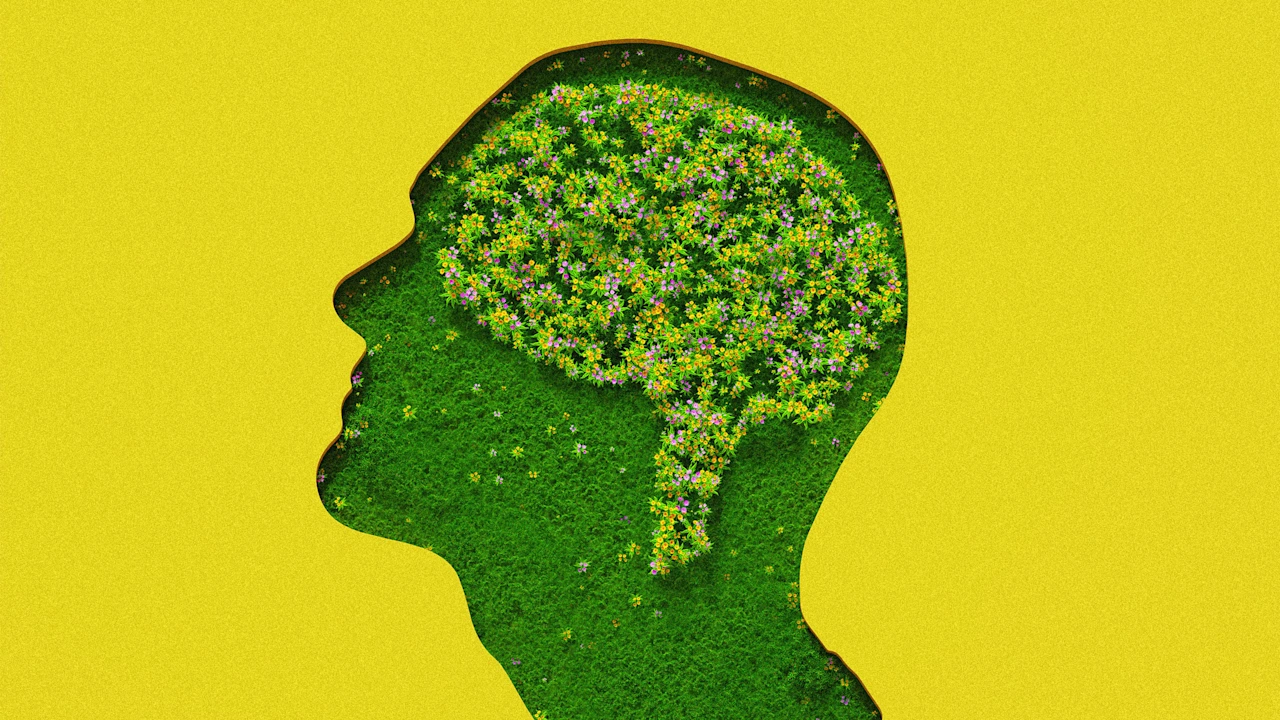Health
Employers Provide Mental Health Benefits, But Gaps Persist

Despite a significant majority of employers offering mental health care benefits, new research reveals substantial gaps in the effectiveness of these services. The 2025 Employee Benefit Research Institute (EBRI) Employer Survey, released on October 6, indicates that while 97% of surveyed companies provide mental health coverage, many lack insights into how employees utilize these services.
The survey included responses from professionals at 400 companies with 500 or more employees, highlighting that a variety of nontraditional mental health programs are also available. For instance, 62% of respondents reported offering coverage for financial therapists, and 74% included mindfulness app subscriptions. Despite these offerings, significant shortcomings remain. Only two-thirds of companies provide coverage for substance use treatment, and merely one-third cover ongoing treatment for chronic conditions. Furthermore, only 25% of companies offer care tailored to employees from diverse cultural backgrounds.
A concerning aspect of the research is the lack of tracking regarding the usage of mental health services. Just 22% of employers analyze claims data to understand how benefits are being utilized. In addition, only 37% measure employee satisfaction with their health care plans overall.
“Complete and transparent access to claims data enables employers to design benefit programs that truly meet the needs of their employees and their families,” said Margaret Faso, policy director with the National Alliance of Healthcare Purchaser Coalitions, in a press release. She emphasized that the findings reinforce the necessity for employers to pursue greater transparency in their mental health care offerings.
Interestingly, the survey also revealed that a majority of employers do not believe they should be responsible for the breadth, pricing, or quality of mental health care services. Only 10% indicated that employers should bear this responsibility, while others feel it lies with insurance companies (28%), federal government agencies (30%), and state governments (24%).
The findings suggest that while mental health benefits are widely available, their impact may be diminished by a lack of tracking and understanding of employee needs. As businesses continue to prioritize workforce wellbeing, addressing these gaps will likely become increasingly important.
The extended deadline for Fast Company’s Most Innovative Companies Awards is tonight, October 10, at 23:59 PT. Interested parties are encouraged to apply before the cutoff.
-

 Technology4 months ago
Technology4 months agoDiscover the Top 10 Calorie Counting Apps of 2025
-

 Health2 months ago
Health2 months agoBella Hadid Shares Health Update After Treatment for Lyme Disease
-

 Health3 months ago
Health3 months agoErin Bates Shares Recovery Update Following Sepsis Complications
-

 Technology3 weeks ago
Technology3 weeks agoDiscover 2025’s Top GPUs for Exceptional 4K Gaming Performance
-

 Technology2 months ago
Technology2 months agoElectric Moto Influencer Surronster Arrested in Tijuana
-

 Technology4 months ago
Technology4 months agoDiscover How to Reverse Image Search Using ChatGPT Effortlessly
-

 Technology4 months ago
Technology4 months agoMeta Initiates $60B AI Data Center Expansion, Starting in Ohio
-

 Technology4 months ago
Technology4 months agoRecovering a Suspended TikTok Account: A Step-by-Step Guide
-

 Health4 months ago
Health4 months agoTested: Rab Firewall Mountain Jacket Survives Harsh Conditions
-

 Lifestyle4 months ago
Lifestyle4 months agoBelton Family Reunites After Daughter Survives Hill Country Floods
-

 Technology3 months ago
Technology3 months agoUncovering the Top Five Most Challenging Motorcycles to Ride
-

 Technology4 weeks ago
Technology4 weeks agoDiscover the Best Wireless Earbuds for Every Lifestyle





















